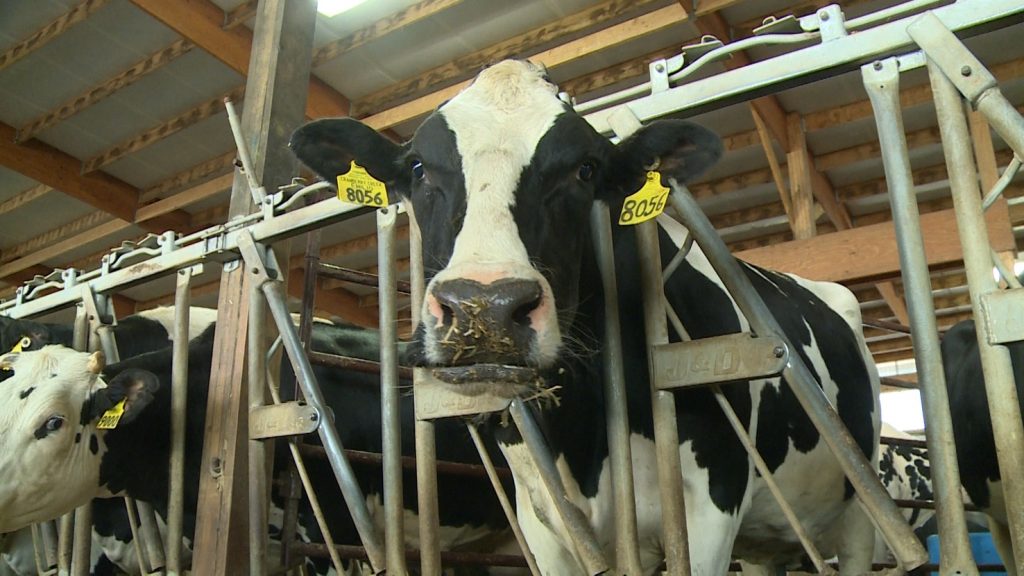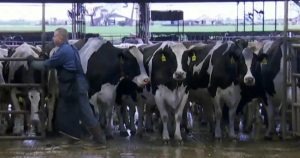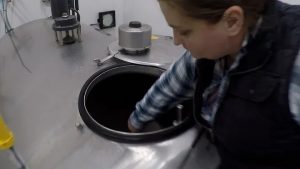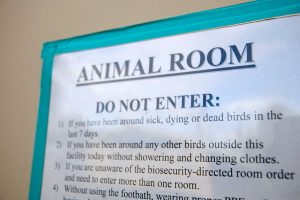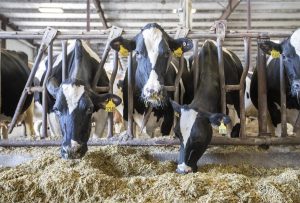
The highly pathogenic avian influenza has been detected in another Michigan dairy herd, bringing the state’s total to 29.
This case of bird flu has been confirmed in a dairy herd in Shiawassee County, bringing the total number of impacted dairy herds in the state to 29.
The Michigan Department of Agriculture and Rural Development said that this case of bird flu was detected by testing through the Michigan State University Veterinary Diagnostic Laboratory.
Health officials have sent samples to the U.S. Department of Agriculture’s (USDA) National Veterinary Services Laboratories for additional testing.
Bird flu has also been detected in dairy herds in multiple other Michigan counties this year, including Gratiot, Ionia, Isabella, and Ottawa counties, and in two Michigan farmworkers.
There have been five human cases of bird flu in Colorado poultry workers, and a person in Missouri was hospitalized with bird flu, even though they had no known contact with dairy cows or infected animals.
Guidelines issued for Michigan dairy farms to reduce bird flu spread
As health officials announce the bird flu detection in Shiawassee County, they are reminding producers of the guidelines to reduce the spread of bird flu:
- Designate a biosecurity manager
- Designate a line of separation to represent the perimeter of a secure area, limiting access points
- Establish cleaning and disinfection practices and procedures at those access points for both vehicles and individuals, including deliveries of feed and other supplies and training for employees
- Establish a logbook maintaining a record of all vehicles and of individuals who have gotten out of vehicles and crossed those access points, to be retained and made available for examination upon request by MDARD.
Other critical steps for protecting dairy herds during bird flu outbreak include:
- Delay or stop incoming or returning animals from herds with unknown or suspect health status.
- Isolate all animals that are new or returning to your farm.
- Monitor the health of your animals daily.
- Contact your veterinarian if there are ever any animal health-related concerns or if you would like to develop a secure food supply plan.
- Sick animals should have dedicated equipment and be cared for after tending to healthy animals first.
- Clothing, footwear, and equipment worn/used around sick animals should not be worn/used around other animals until they are cleaned and disinfected. Use an EPA-registered disinfectant effective against avian influenza.
- Do not share tools, equipment, trailers, etc. with other farms.
- Clean and disinfect the interiors of trailers used to haul animals from other operations.
- Limit non-essential visitors to your farm.
- If individuals have recently been on a poultry farm, they should not visit a dairy operation, and vice versa.
- Require or provide clean clothing and footwear to those entering your farm.
- Use hand-washing stations and provide gloves to those working on your farm.
You can now read the most important #news on #eDairyNews #Whatsapp channels!!!
🇺🇸 eDairy News INGLÊS: https://whatsapp.com/channel/0029VaKsjzGDTkJyIN6hcP1K
